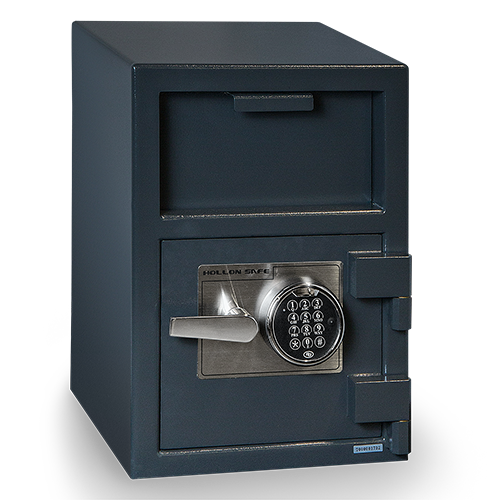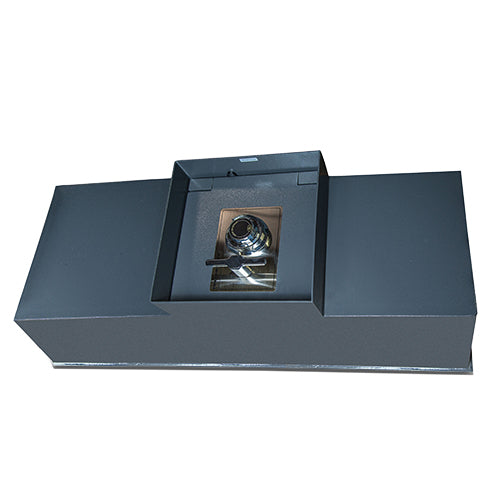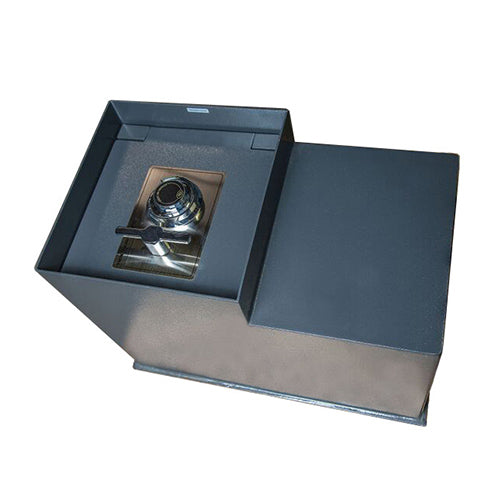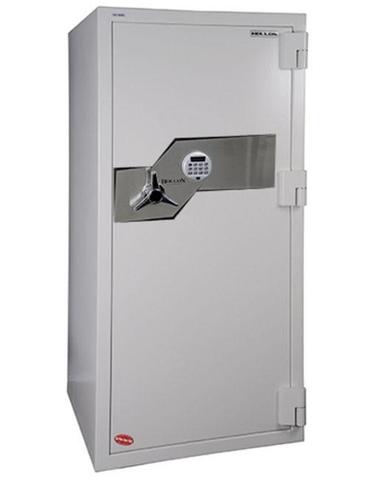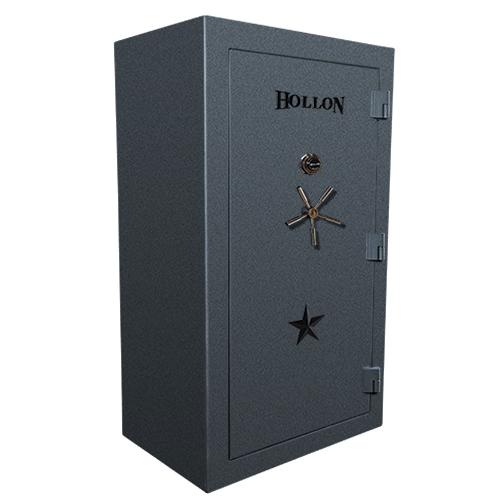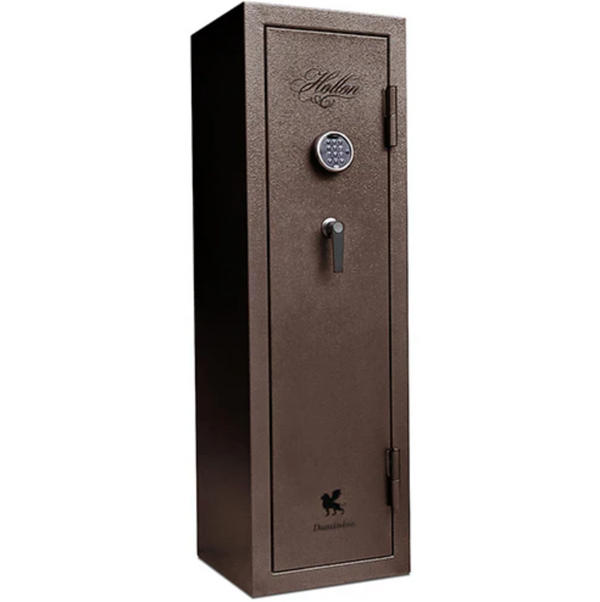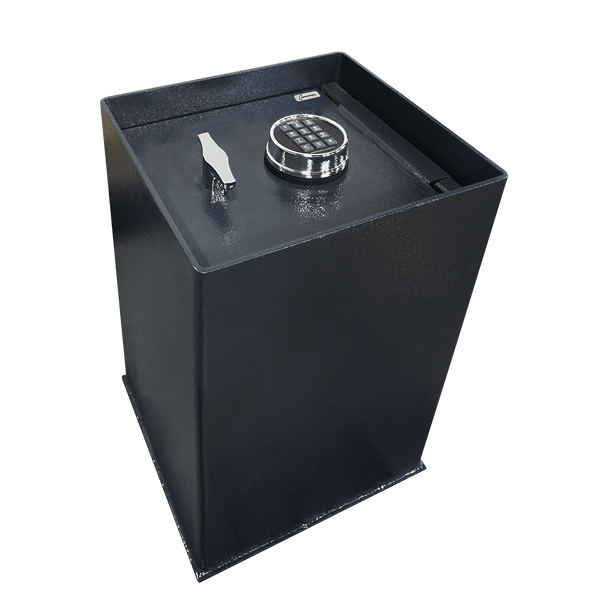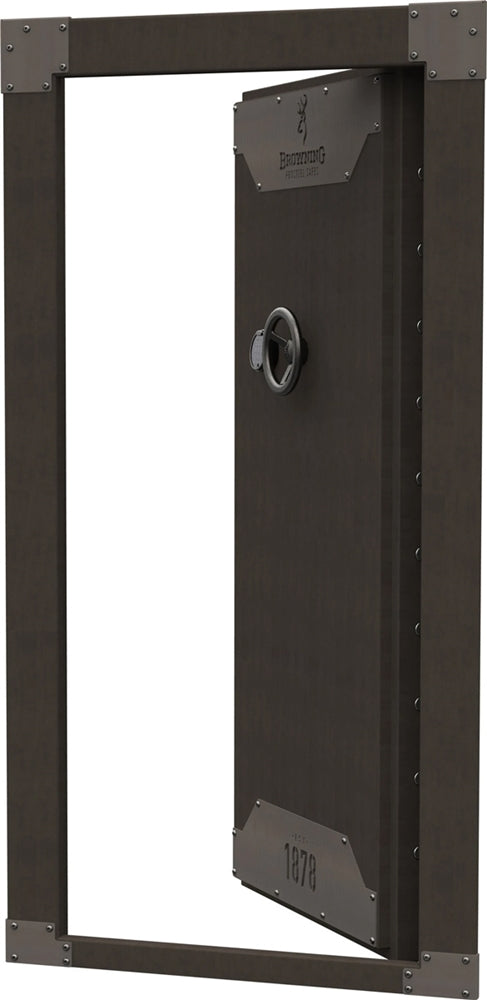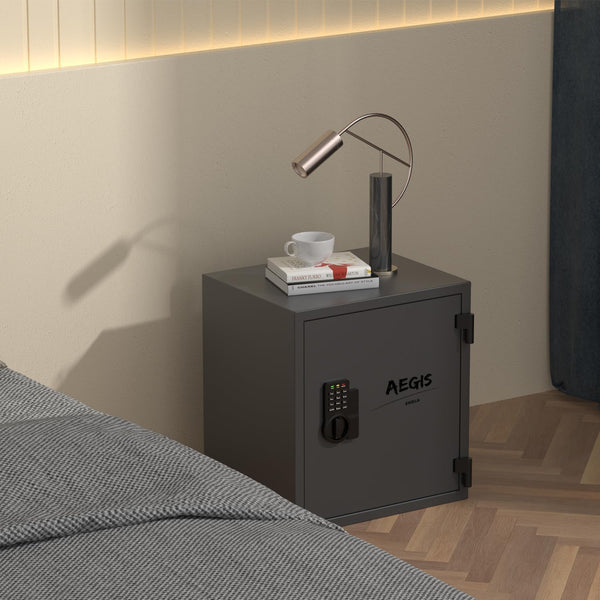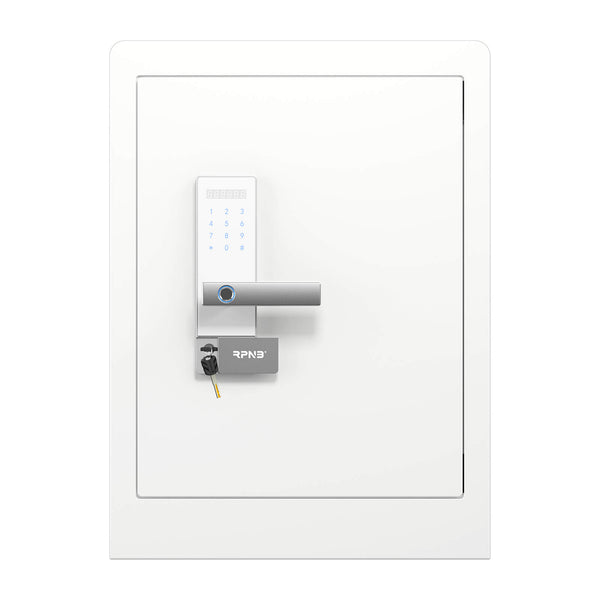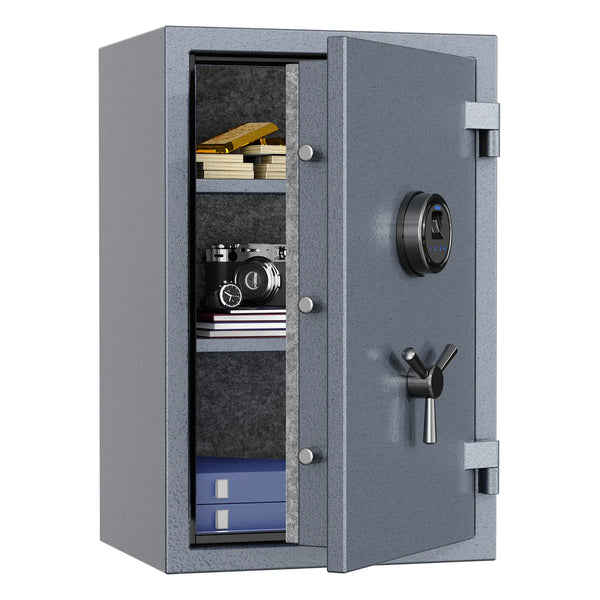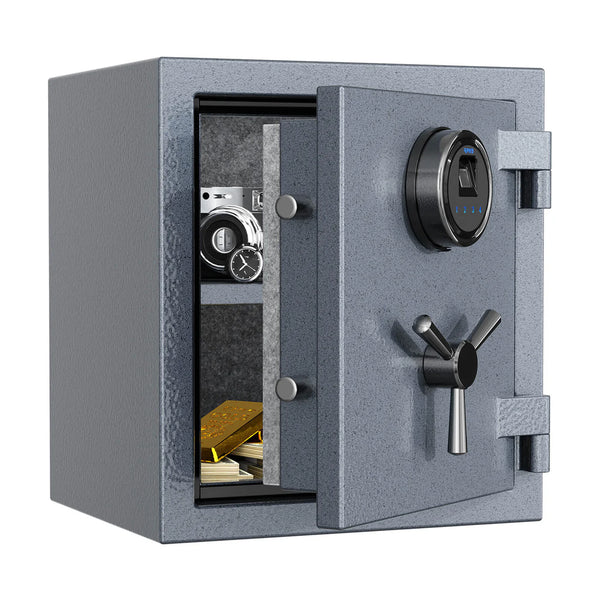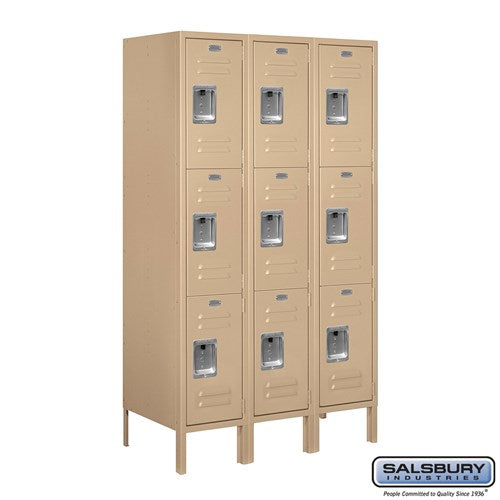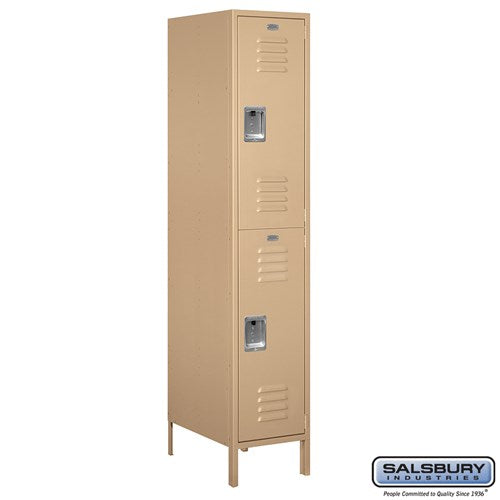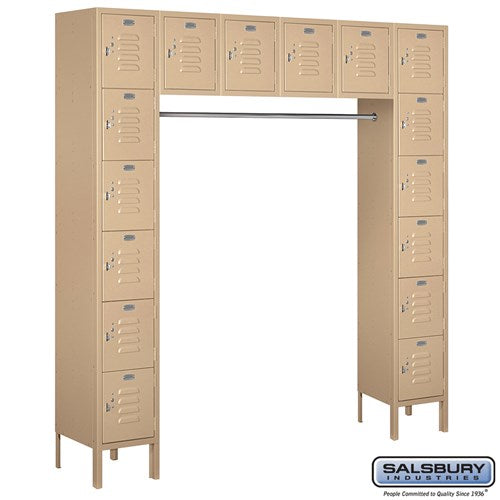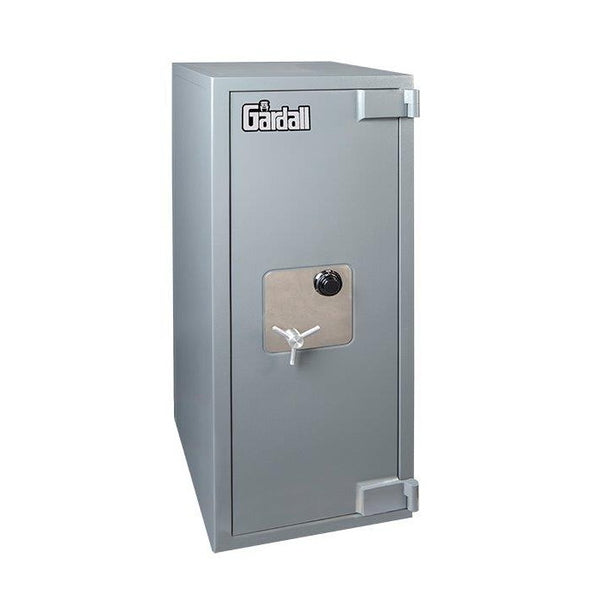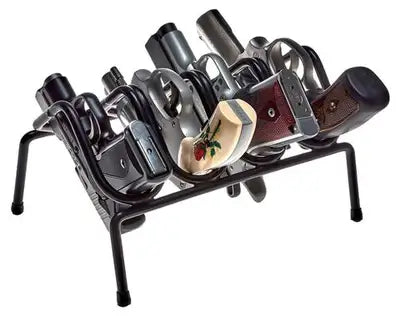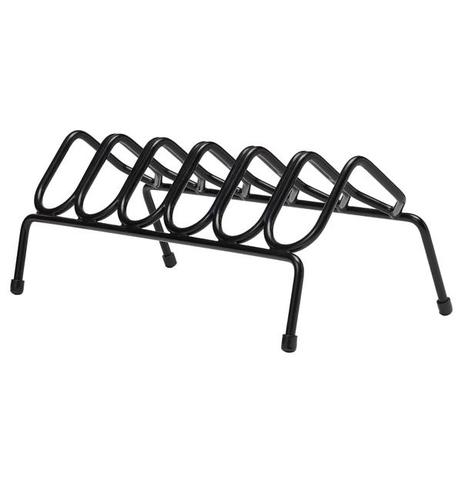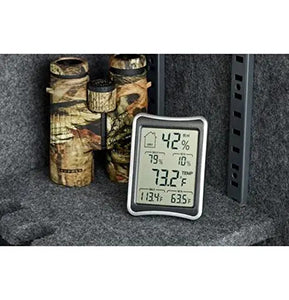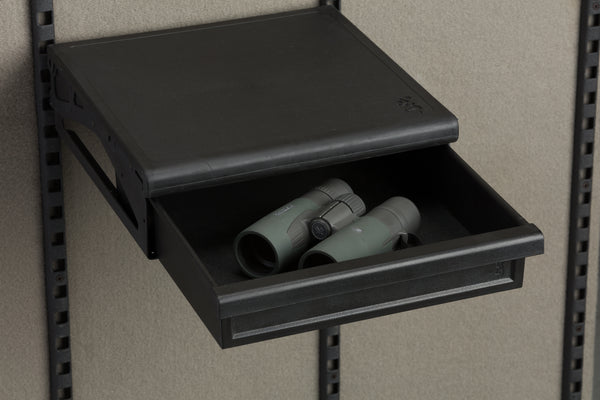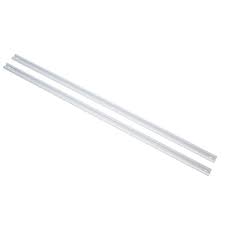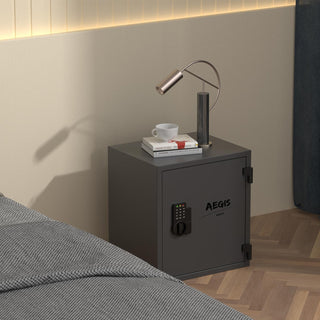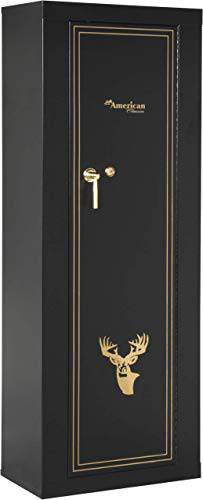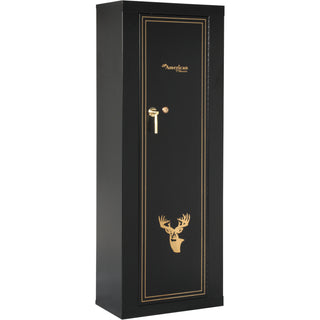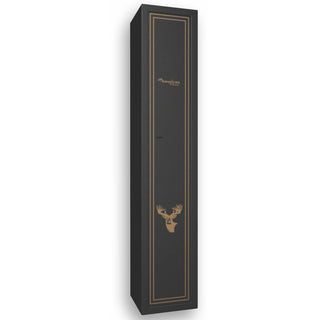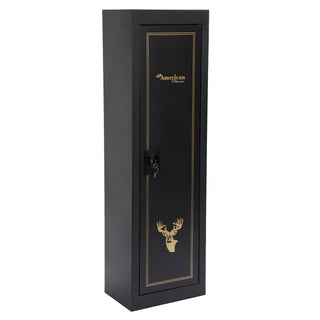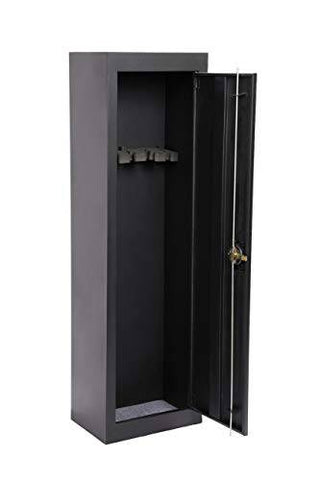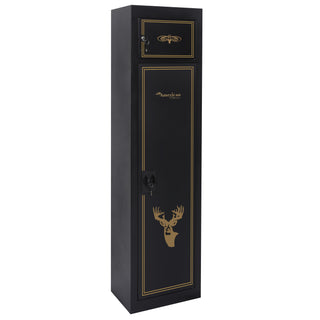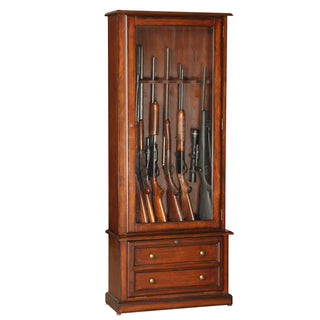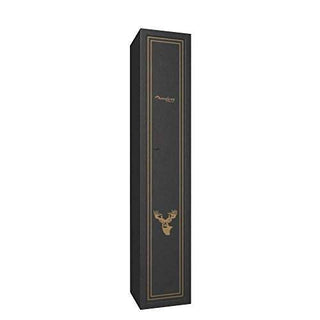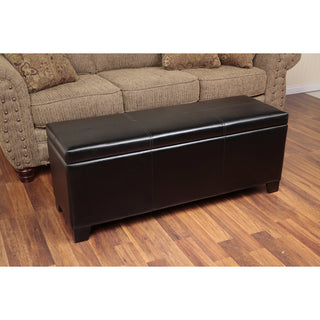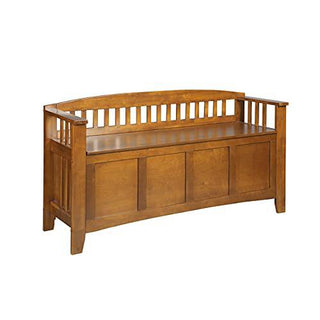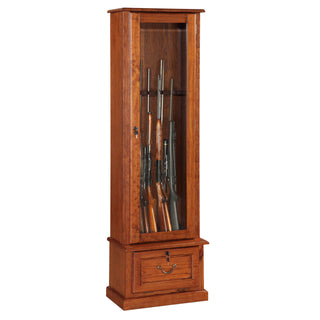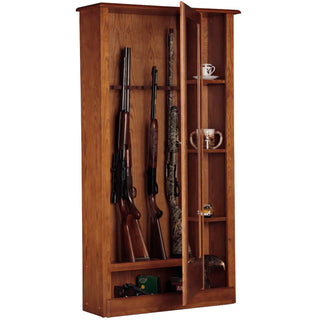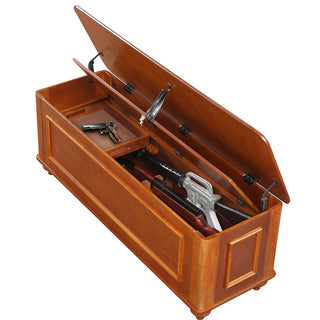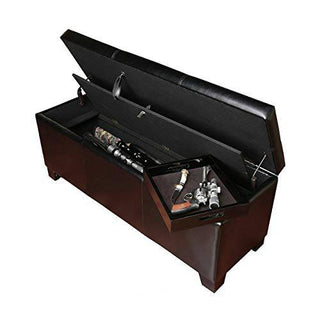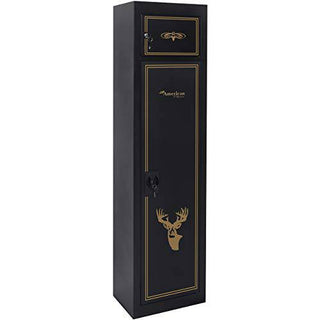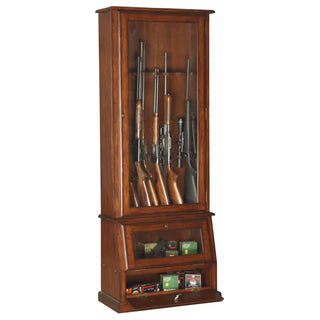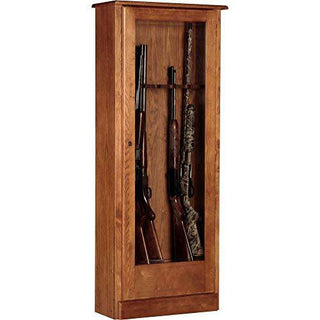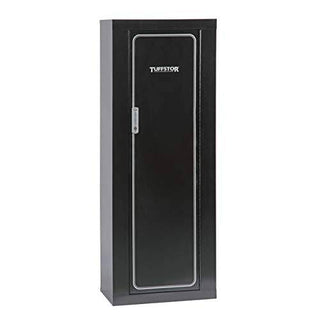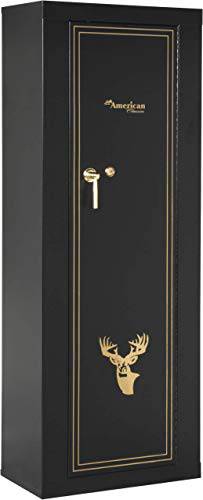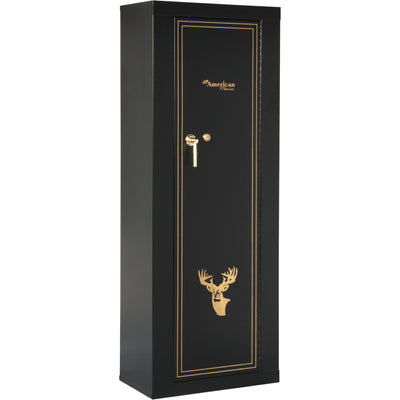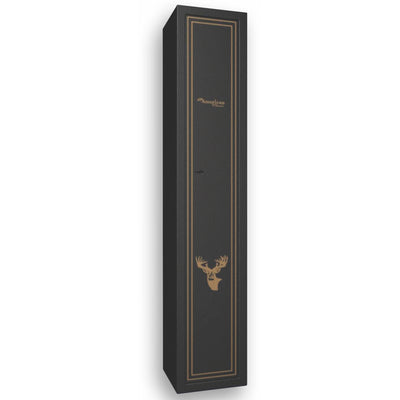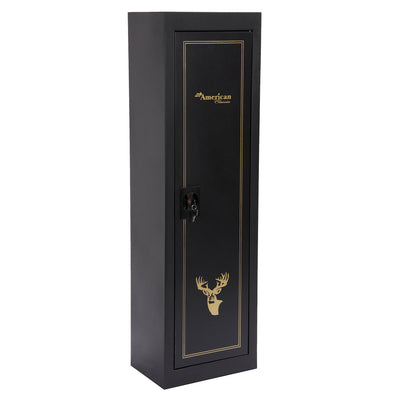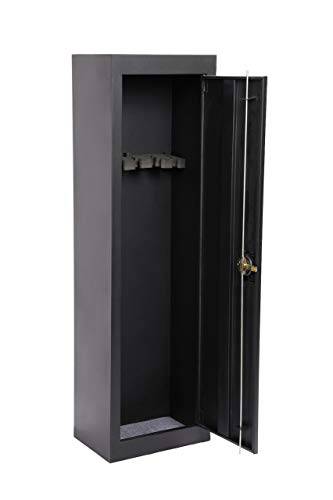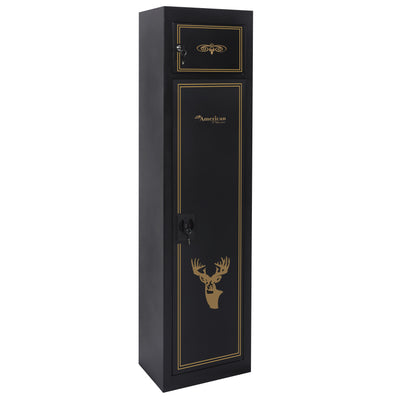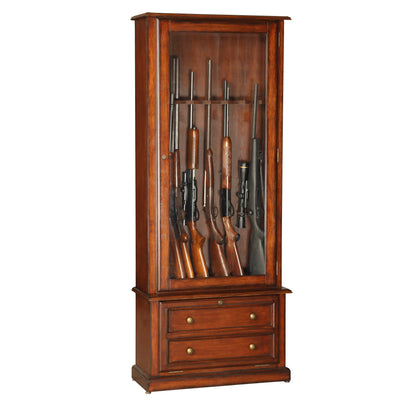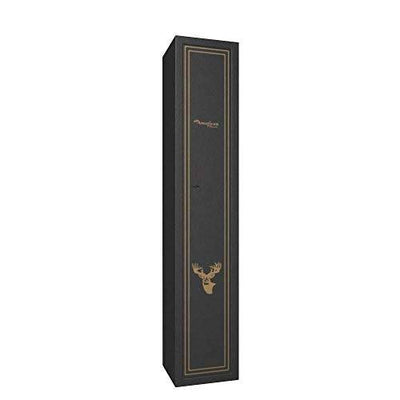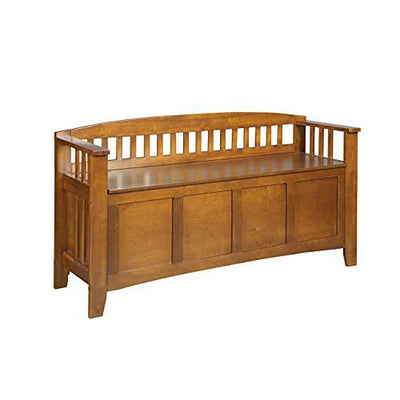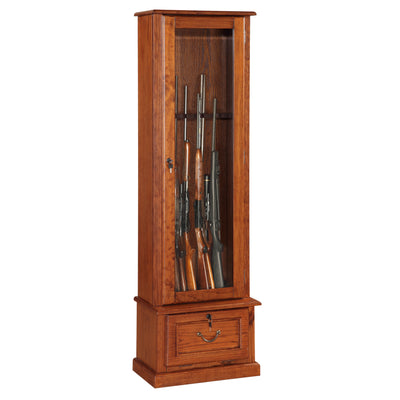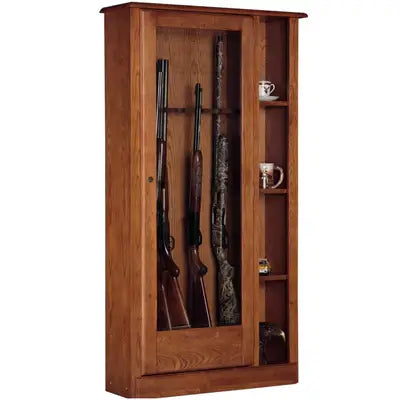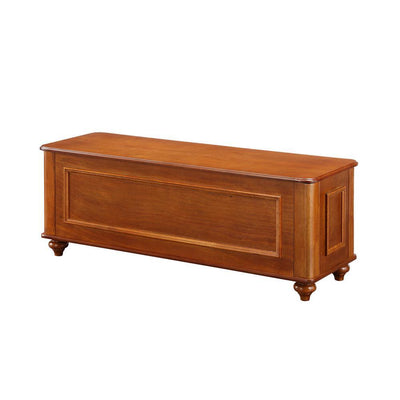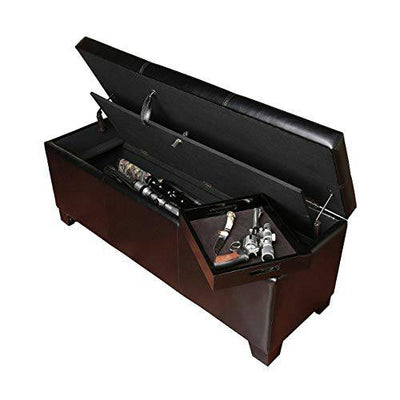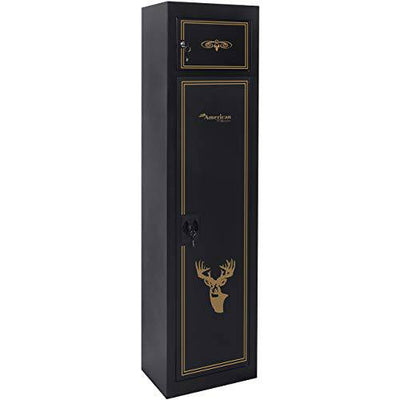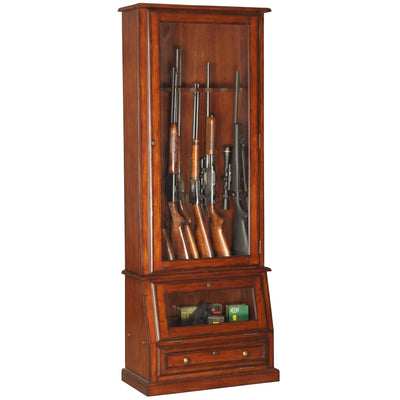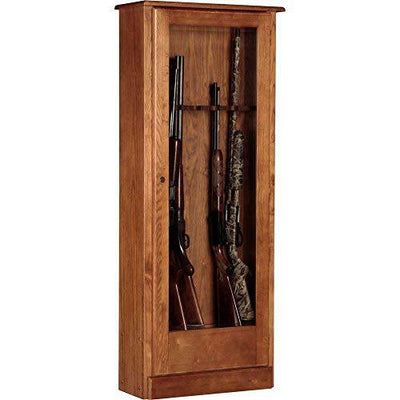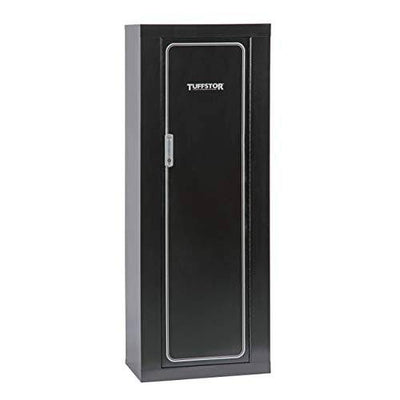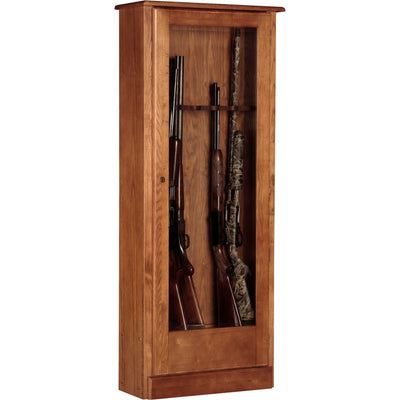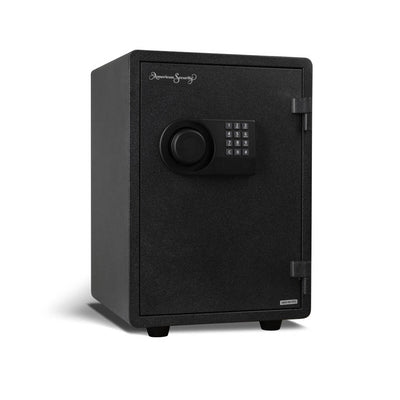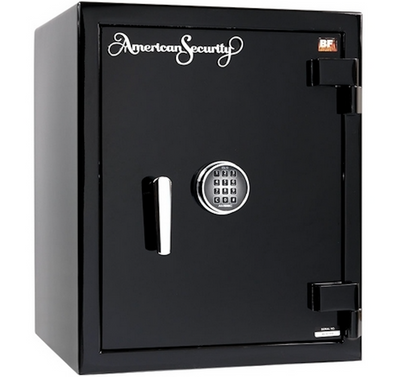
*This post contains affiliate links to products. We may receive a commission for purchases made through these links, but it never influences our product selection process.
Table of Contents
Can gun safes be stored in the garage?
Yes, it is possible to place gun safes in the garage. However, you will need to consider some factors and cope with some problems, such as extreme temperature, fire risk, and rapid access. Considering these risks will enable you to securely install a gun safe in your garage.
Potential Risks of Storing a Gun Safe in a Garage:
There are several reasons why a garage might not be the ideal location for storing a gun safe. To help you make an informed decision, let's explore some of the potential risks associated with placing a gun safe in the garage: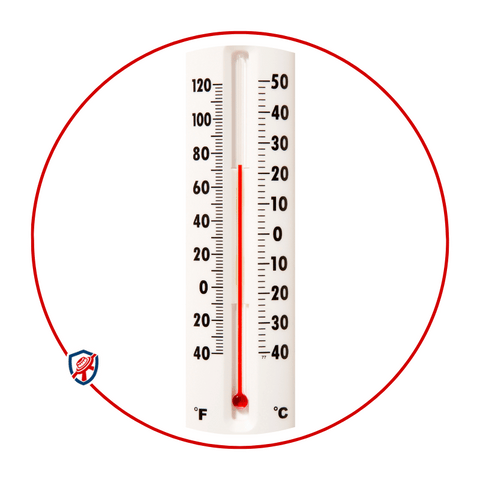
Temperature
Garages are often not climate-controlled, which means that they are subject to significant temperature fluctuations. In extreme heat or cold, the contents of your gun safe, including firearms and ammunition, may be adversely affected. High humidity levels in the garage can also lead to condensation inside the safe, resulting in rust or corrosion of the firearms and damage to any paper documents stored within.
To mitigate the effects of temperature and humidity on your gun safe, consider investing in a dehumidifier (check out our top picks) or insulating your garage.
Additionally, you could opt for a gun safe with built-in climate control features, such as a heating element or a built-in dehumidifier, to help maintain a stable environment for your firearms and valuables.
Fire risk
Garages commonly store flammable materials, such as gasoline, paints, solvents, and other chemicals, which pose a significant fire risk. In the event of a fire, these combustible materials can quickly escalate the intensity and spread of the flames, potentially damaging your gun safe and its contents. Moreover, garages may contain additional ignition sources, such as electrical wiring, vehicles, or power tools, which could spark a fire.
This risk means that if you are considering placing a Gun Safe in your garage, you will need to take several precautions to minimize the risk of fire in your garage.
Some of the actions you can take are: storing flammable materials in a separate, well-ventilated area away from the gun safe and ensuring that all electrical wiring and appliances are properly maintained and in good working order.
Additionally, consider investing in a fire-resistant gun safe that is designed to withstand high temperatures and protect your firearms and valuables in the event of a fire. Installing a fire extinguisher and smoke detectors in your garage can also help to provide early warning and control in case a fire breaks out.
Rapid access
A garage is often situated at the front of a house and easily accessible, which can inadvertently attract the attention of passersby or potential intruders and make your Gun Safe a target.
While a garage may be easily accessible from the outside, this location can actually hinder rapid access to the gun safe and its contents for the homeowner.
Some other factors to consider when evaluating the accessibility of a gun safe placed in the garage are:
Distance:
Garages are typically located some distance away from the home's main living area. In an emergency situation, this may result in valuable time lost while trying to reach the Gun Safe.
Obstructions:
Garages often serve as storage spaces for various items, such as vehicles, tools, and equipment. These items can obstruct the path to the gun safe, making it difficult to access quickly when needed. If your garage is cluttered, it will be even harder to access your Gun Safe when needed.
How to store a gun safe in the garage safely?
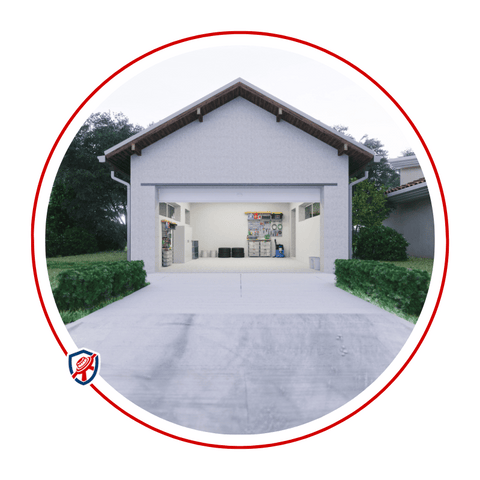
Keep it away from the doors.
Make sure your gun safe is positioned far from the garage entrance and out of sight from anyone outside. This minimizes the risk of attracting burglars or allowing unauthorized access by children or strangers. Additionally, avoid placing power tools near the safe, as they could potentially be used to break into it.
Protect it from fire.
As we mentioned earlier, if you are thinking of storing your Gun Safe in the Garage, it is crucial that you store flammable materials away from the safe, such as gasoline, paint, paint thinners, and other chemicals. Fires can cause significant damage to the safe and the firearms inside, so minimizing this risk is essential.
Cope with humidity
Garages can be quite humid environments, making firearms susceptible to rust if stored in an unheated space. To ensure the safe and its contents remain protected, monitor the humidity level inside the garage and take appropriate measures. Ideally, gun safes should be kept at a temperature of around 70 degrees Fahrenheit with 50 percent relative humidity. To reduce moisture, consider using a dehumidifier or placing gel desiccants inside the safe.
Ensure Proper Ventilation
Good air circulation is essential for preventing moisture buildup and maintaining the ideal conditions for gun storage. Make sure your garage has adequate ventilation, and consider using fans or air purifiers to improve air quality.
Regularly inspect and maintain the safe.
Regularly check your gun safe for signs of wear or damage, and address any issues promptly. This includes inspecting the locking mechanisms, door seals, and any accessories like lighting or dehumidifiers. Proper maintenance will help ensure your safe continues to provide optimal protection for your firearms.
FAQs | What Readers Want to Know
Where do you put a gun safe?
Using gun safes as gun storage can help you avoid gun access from unauthorized people and gun accidents and reduce gun theft at the same time. One of the most important aspects of safely storing a gun in your home is where you put it. Putting gun storage in a convenient place means that you won't have to go on an epic quest every time you need your gun, and it will be harder for ill-intending guests to find.
Do gun safes cause corrosion?
Yes. The Gun Safe industry creates and markets all these anti-corrosion products to mask the fact that it's a real threat. Based on the type of materials your gun safe's interior is made from, gun safes will start to corrode. For example, gun safes made out of steel. In the quest to prevent rust inside gun safes, manufacturers have started adding coatings and liners that are now available on the gun safe market, claiming they are corrosion-resistant.
What temperature should guns be stored at?
It is important that gun owners check the gun safe's fire rating as well when gun storing their guns. Make sure that your gun storage unit can withstand high temperatures and flames for at least 30 minutes. Most gun safes come with a gun safe temperature rating that ranges from 0 to 70 degrees Fahrenheit.
Conclusion
While storing a gun safe in the garage is possible, you must address several challenges, such as temperature fluctuations, fire risks, and potential unauthorized access.
By understanding these issues and taking appropriate precautions, you can effectively protect your gun safe and its contents, ensuring they remain in optimal condition and secure from unauthorized access.









